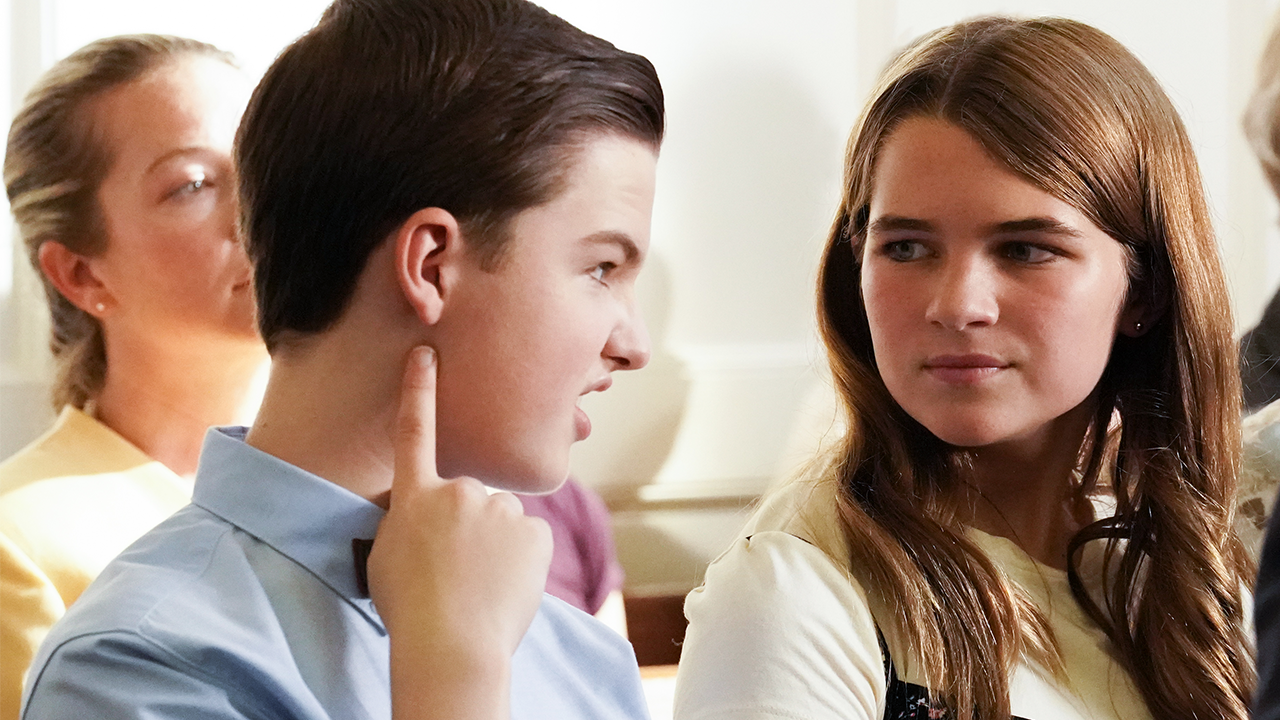
The Big Bang Theory dominated TV for over a decade, making physics, comic books, and quirky characters household staples. Yet, its prequel, Young Sheldon, has quietly carved out its own niche, winning over audiences with a different flavor of humor and heart. Believe it or not, Young Sheldon may just be a stronger sitcom overall. Let’s explore why.
A Fresh Take on the Familiar — Why Young Sheldon Feels Different
Unlike its predecessor’s laugh-track-driven, multi-camera setup, Young Sheldon uses a single-camera style that allows for more cinematic storytelling and subtle humor. This fresh approach instantly sets it apart from The Big Bang Theory, making it feel less forced and more natural.
Character Depth — Exploring the Complexity of Sheldon Cooper’s Childhood
Where The Big Bang Theory often relied on punchlines and stereotypes, Young Sheldon dives deep into the emotional and social struggles of a genius kid growing up in East Texas. This nuanced portrayal adds layers of depth to Sheldon’s character, making him more relatable and human.
Stronger Supporting Characters with Real Growth
The family and community around young Sheldon aren’t just props for jokes—they’re fully fleshed-out characters with their own arcs. From his warm-hearted mother Mary to his skeptical father George, the show paints a rich, evolving picture of the people shaping Sheldon’s world.
Humor That Balances Wit and Warmth
Young Sheldon balances sharp wit with heartfelt moments seamlessly. The comedy arises organically from the situations and character interactions, not just punchlines. This blend makes the humor feel more genuine and often hits an emotional chord with viewers.
Less Reliance on Sitcom Tropes and More Originality
The Big Bang Theory leaned heavily on classic sitcom tropes like nerdy stereotypes and awkward romantic pursuits. Young Sheldon, by contrast, breaks away from these clichés by focusing on authentic family dynamics and cultural contrasts that shape Sheldon’s youth.

The Narration Adds a Unique Layer
The adult Sheldon’s narration, voiced by Jim Parsons, provides witty and reflective commentary that enriches the viewing experience. It adds a meta layer of humor and insight that The Big Bang Theory never attempted, giving Young Sheldon a distinctive voice.
Tackling Real-Life Issues with Sensitivity
Young Sheldon doesn’t shy away from serious topics like autism spectrum disorder, bullying, and social anxiety. Addressing these with care, the show offers thoughtful representation and emotional depth that resonates with many viewers.
Consistent Quality and Pacing
Where The Big Bang Theory sometimes suffered from formulaic plots and repetitive jokes in later seasons, Young Sheldon maintains a steady quality with evolving storylines that keep audiences engaged without feeling stale.
A More Inclusive and Diverse Cast
Young Sheldon embraces a broader array of perspectives through its supporting characters, reflecting real-world diversity more thoughtfully than its predecessor, which often centered around a narrow group.
Emotional Connection That Goes Beyond Laughs
The heart of Young Sheldon is its emotional storytelling—whether it’s a family dinner, a personal triumph, or a quiet moment of vulnerability. This connection keeps viewers invested in the characters’ lives beyond just comedic setups.
Clever Use of Setting
Set in the late ’80s and early ’90s, Young Sheldon uses its setting to bring nostalgia and cultural context to the story. This backdrop adds richness and a sense of time that The Big Bang Theory’s modern setting sometimes lacked.
The Balance of Humor and Drama
The show effortlessly balances comedic beats with poignant drama, creating a rhythm that feels real and emotionally satisfying. This blend appeals to a wider audience who crave more than just laugh-out-loud moments.
Why Fans and Critics Agree
Critics often praise Young Sheldon for its writing, acting, and fresh approach to familiar material. Fans appreciate the heartfelt storytelling and the way the show deepens their understanding of Sheldon Cooper’s world.
Jim Parsons’ Behind-the-Scenes Influence
Jim Parsons’ role as narrator and producer helps maintain the essence of Sheldon while allowing the show to explore new territory. His involvement ensures that Young Sheldon respects the original character but isn’t bound by it.
Longevity and Potential for Growth
With multiple seasons and solid ratings, Young Sheldon has proven it can stand on its own feet. Its ongoing potential for exploring new stories makes it a sitcom with lasting appeal.
Conclusion
While The Big Bang Theory will always hold a special place in TV history, Young Sheldon emerges as a stronger sitcom in many ways. It combines richer storytelling, deeper characters, and a perfect balance of humor and heart. If you haven’t given Young Sheldon a shot yet, it might be time to see why this prequel is more than just a spin-off — it’s a standout show in its own right.
FAQs
1. What makes Young Sheldon different from The Big Bang Theory?
Young Sheldon uses a single-camera style, deeper character development, and focuses on emotional storytelling rather than just punchlines.
2. Is Young Sheldon a comedy or a drama?
It’s a mix of both—a comedy with heartfelt dramatic moments that add emotional depth.
3. Does Young Sheldon explain more about Sheldon’s background?
Yes, it explores his family life, upbringing, and challenges growing up as a child prodigy.
4. Who narrates Young Sheldon?
Jim Parsons, who played adult Sheldon in The Big Bang Theory, provides narration.
5. Is Young Sheldon as popular as The Big Bang Theory?
While it has a different style and pace, Young Sheldon enjoys strong ratings and critical acclaim, proving its success as a standalone show.